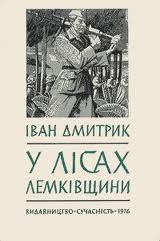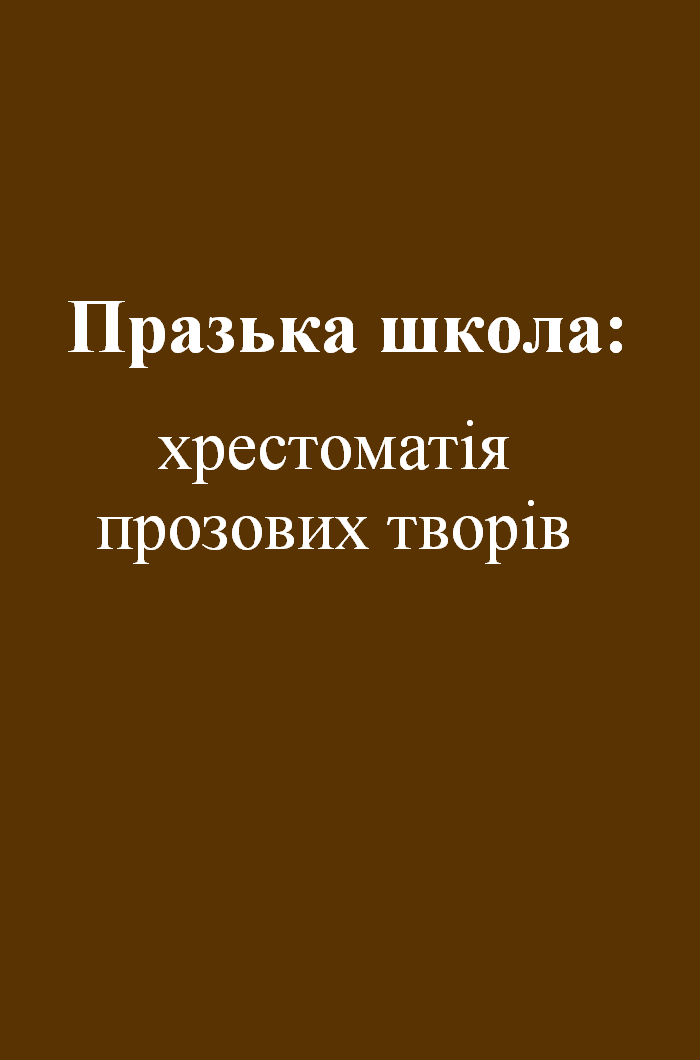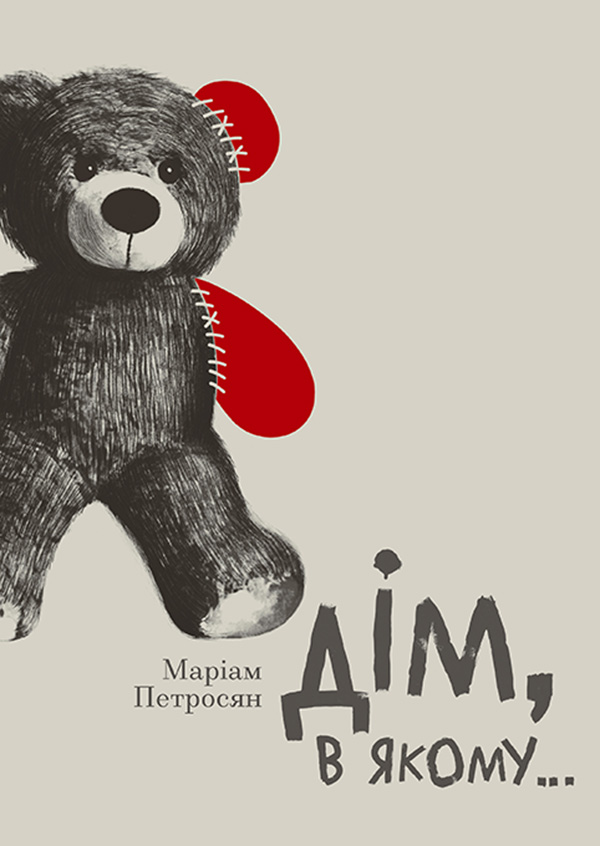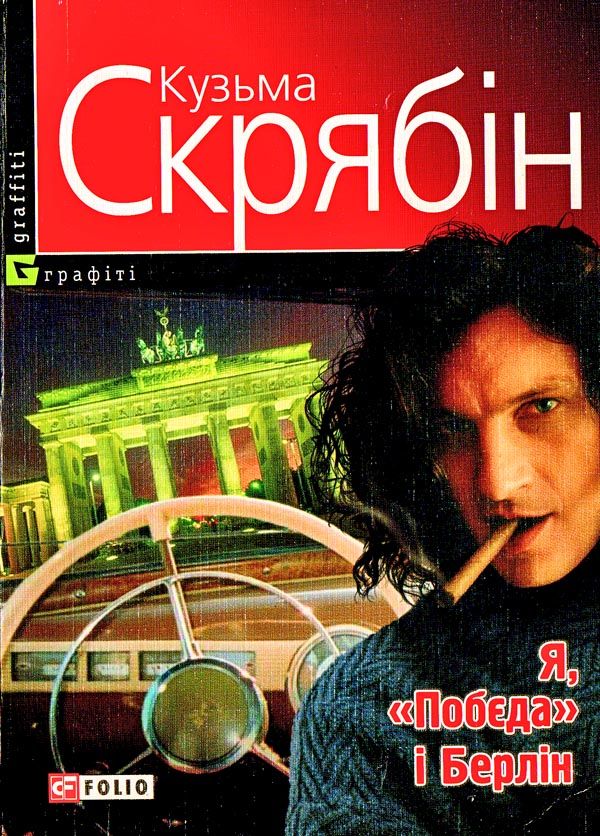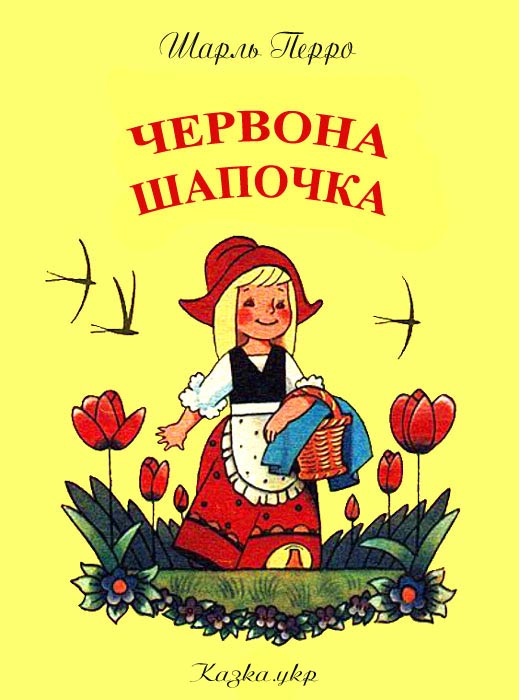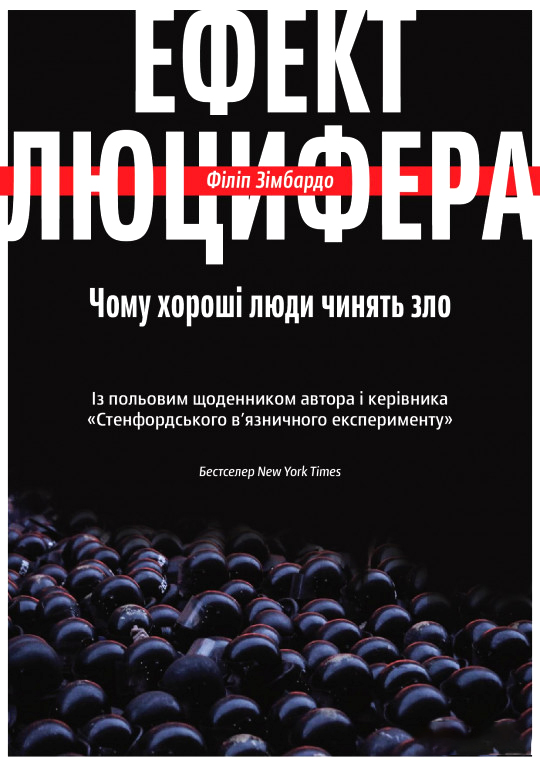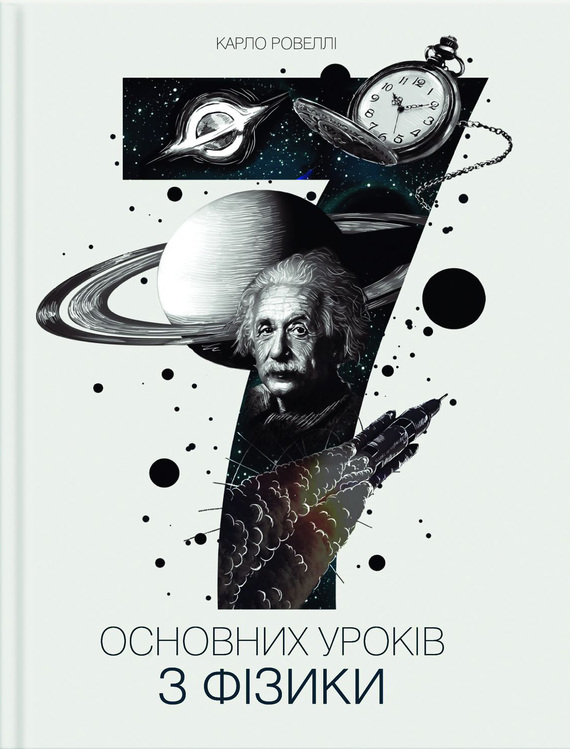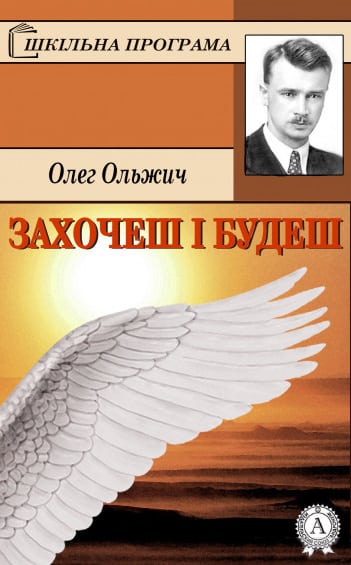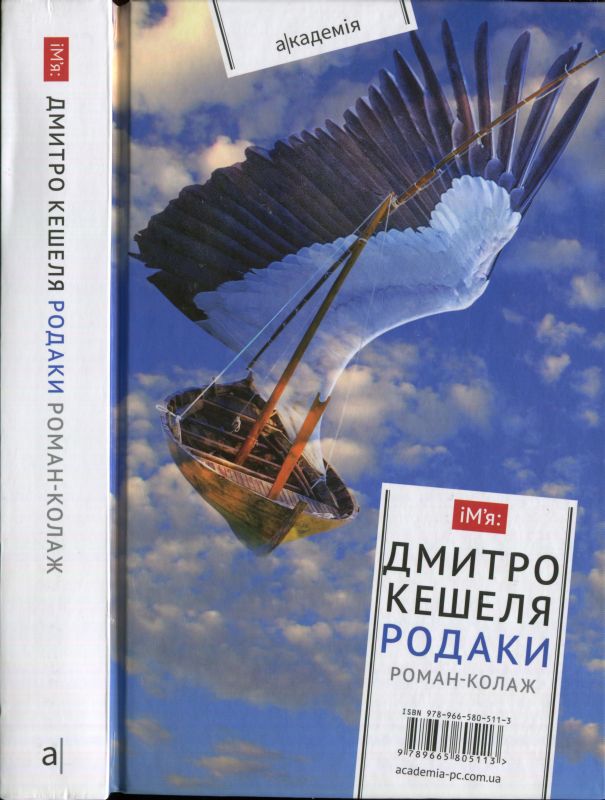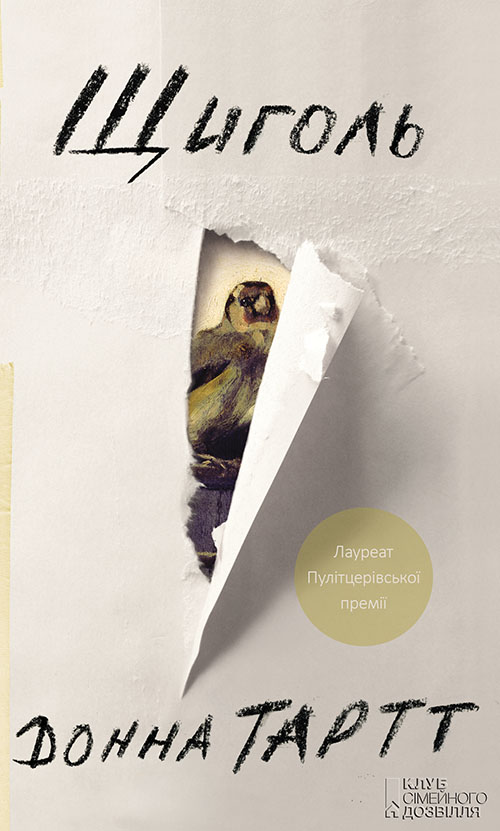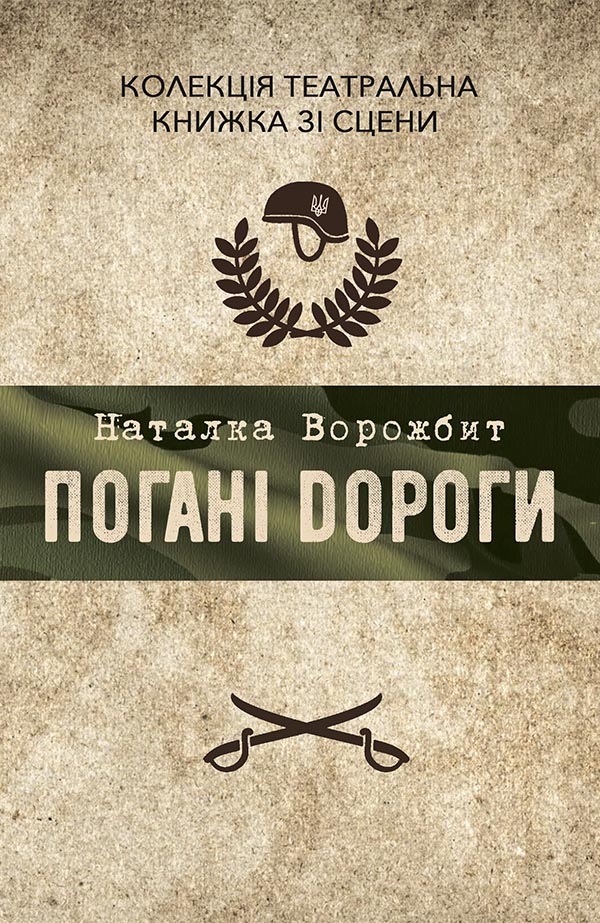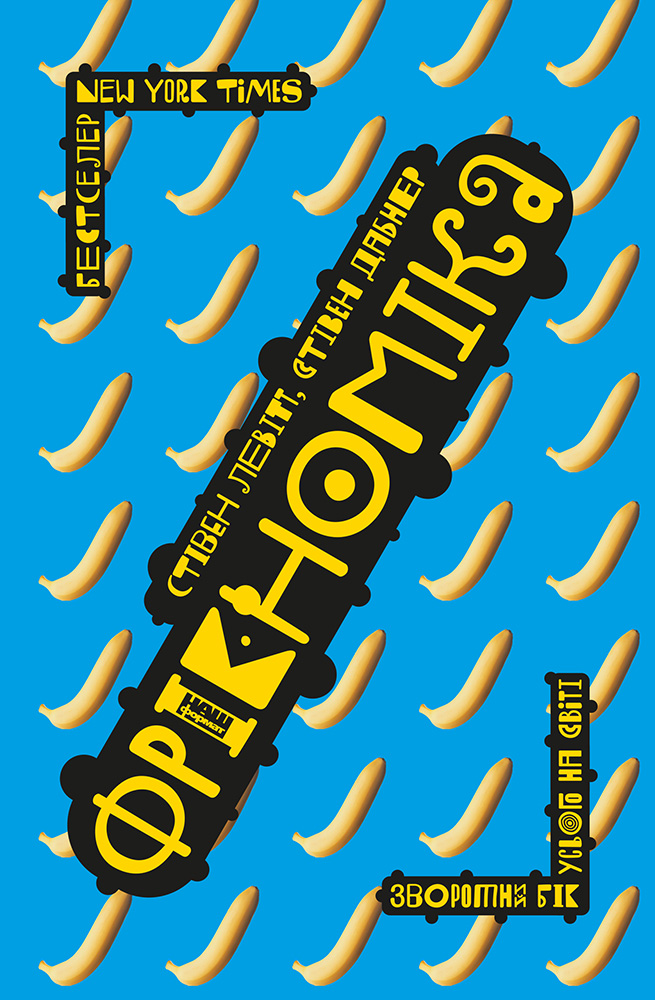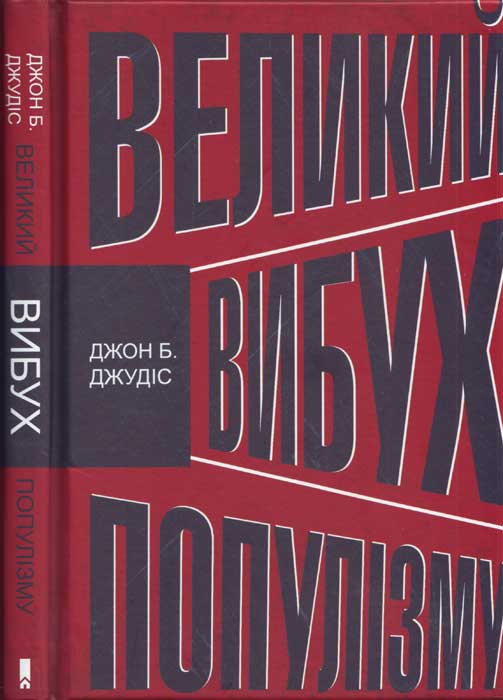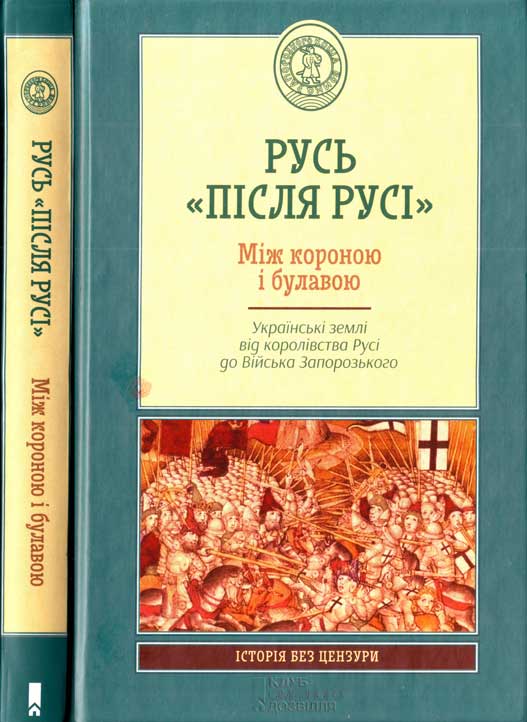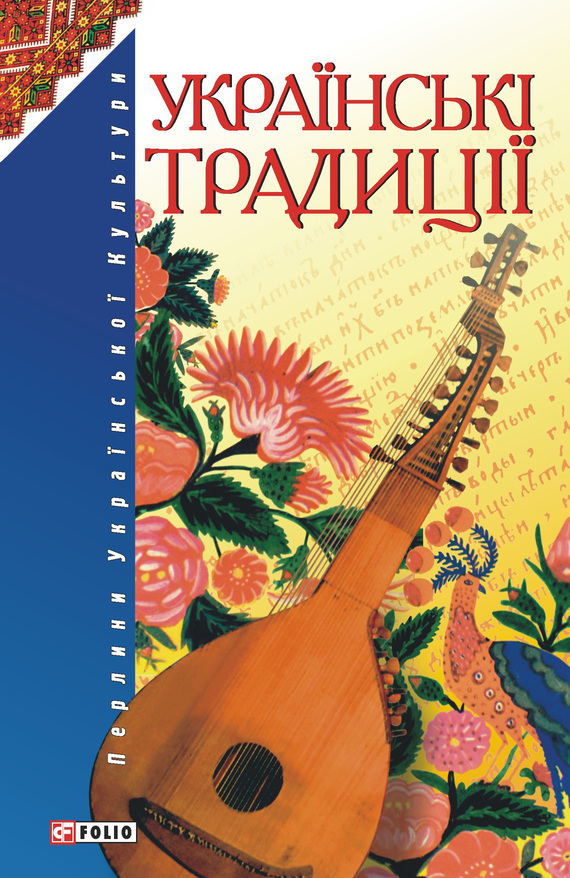Читати книгу - "Genghis Khan and the Making of the Modern World"
Шрифт:
Інтервал:
Додати в закладку:
According to a report that later made its way back to the Great Khan, the three princes spent a long time shouting and screaming at one another. “You are nothing more than an old woman with a beard,” Buri screamed at Batu. “Batu is just an old woman with a quiver,” echoed Guyuk. Outraged at their treatment by the rest of the family, Guyuk and Buri stormed out of the banquet, mounted their horses, and rode away swearing and cursing. When word reached Ogodei Khan of the incident, he was livid. Ogodei summoned the young men back to court. He initially refused to see them and threatened to have his son Guyuk executed. “May he rot like an egg!” Ogodei said of his ill-behaved son.
When he calmed down and finally admitted Guyuk into his ger, he reprimanded him harshly for fighting within the family and for mistreating his soldiers. “You broke the spirit of every man in your army,” he charged. In insightful questioning into the proper way to treat one’s own troops, Ogodei Khan asked his son, “Do you think that the Russians surrendered because of how mean you were to your own men? Do you think that they surrendered because they were afraid of you?” he added mockingly. “Because you captured one or two warriors, you think that you won the war. But you did not capture even a single kid goat.”
Ogodei continue his tirade against his son: “This was your first time out of the ger, and so you try to flaunt your manhood. You act as though you achieved everything. You shout and scream at people as though they were animals.” He finally calmed down with soothing words from the sons of his other brothers. He quoted a saying of his father’s about the need to let army matters be settled out on the steppe, then sent all the boys back to continue the conquest of Europe.
Europe had heard little of the earlier conquests of Genghis Khan in Asia and had only the faintest glimmer of information about his destruction of the Khwarizm empire—but suddenly, with the fall of Kiev, a mass of refugees and stories came pouring out of eastern Europe. Right behind them came the feared Mongol horsemen, seemingly from every direction. Matthew Paris wrote that the Mongols invaded the West “with the force of lightning into the territories of the Christians, laying waste the country, committing great slaughter, and striking inexpressible terror and alarm into every one.” This reference to “lightning” warfare was possibly the first mention of the style that later acquired the German name Blitzkrieg.
Subodei dispatched a three-pronged army of fifty thousand toward Hungary in the south and a smaller, diversionary force of twenty thousand across Poland toward Germany in the north. The Mongol armies swept across some four thousand miles from their home base in Mongolia, on across the plains of eastern Europe, and into Poland and Hungary—right up to the walls of Vienna and the German cities of the Teutonic Knights and the Hanseatic League. In the north, they jumped across Poland like a stone skipping across an icy pond. One city after another fell as the Mongols ripped through the country. Duke Henry II of Silesia assembled an army of thirty thousand, including knights from throughout Germany, France, and Poland; in his panicked conscription of all potential soldiers, he even drafted a contingent of gold miners to fight the invaders. On April 9, 1241, the two armies met at Liegnitz, near the modern German-Polish border. The Mongols chose an open area for the fighting about six miles from the city, and the battlefield became thereafter known in German as Wahlstatt, the Chosen Place.
Duke Henry ordered his cavalry to charge the Mongol ranks. The Mongols repulsed the first wave, but they seemed to yield to the second and then suddenly turned in flight. With cries of victory, the European knights broke ranks and began chasing the Mongols, who retreated slowly, only a short distance beyond the weapons of the knights. Then, precisely when the European horses began to tire under the heavy armor of their riders, thundering explosive noises erupted around them and heavy smoke engulfed them, causing great confusion. As described by chronicler Jan Dlugosz, the Mongols used on the battlefield a device resembling a “great head, from which there suddenly bursts a cloud with a foul smell that envelops the Poles and makes them all but faint, so that they are incapable of fighting.” The smoke and noise cut off the European knights from the archers and infantry far behind them. Once again, the Mongols had made their enemies overconfident and then lured them into a fatal trap. Spread out, disorganized, confused, and tiring quickly, the knights and their horses posed easy targets for the Mongols, who turned and began shooting them down.
The Mongols crushed the Germans. European records document the deaths of twenty-five thousand of Duke Henry’s thirty thousand men, but Mongols took many of those captive, particularly the miners, an occupation little understood but much appreciated by the Mongols, who constantly sought out people with novel skills and talents. The victors marched thousands of the miners
Увага!
Сайт зберігає кукі вашого браузера. Ви зможете в будь-який момент зробити закладку та продовжити читання книги «Genghis Khan and the Making of the Modern World», після закриття браузера.
